The event was organised by the Cairo Institute for Human Rights Studies where Mohamed Lofty, an Egyptian human rights defender, researcher Eberhard Kienle and Sanaa Seif, an Egyptian human rights activist, participated in the discussion. Jeremi Smith started off the event by establishing the situation in Egypt which is characterised by a poor economic performance and declining human rights. For instance, transparency in Egypt has fallen (ranked 130) by Transparency International. Smith stressed that the economic crisis in Egypt is intrinsically linked to human rights violations, poor governance and policies. Further, he said that corruption was fueled by the military.

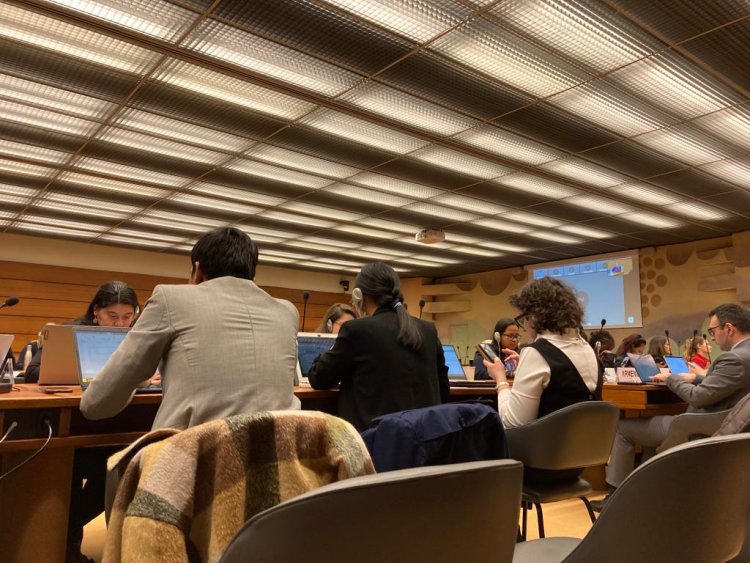

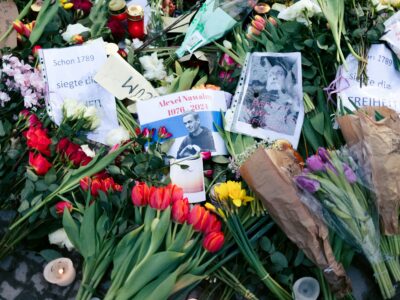
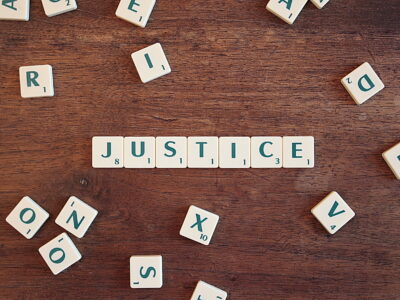
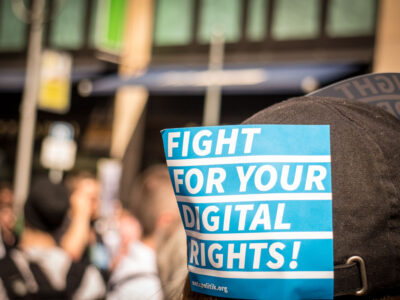

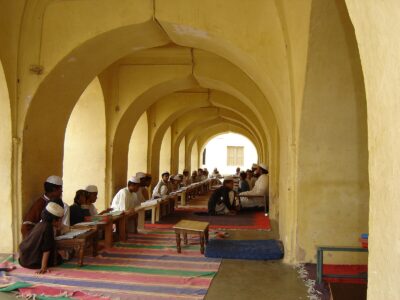
Comments